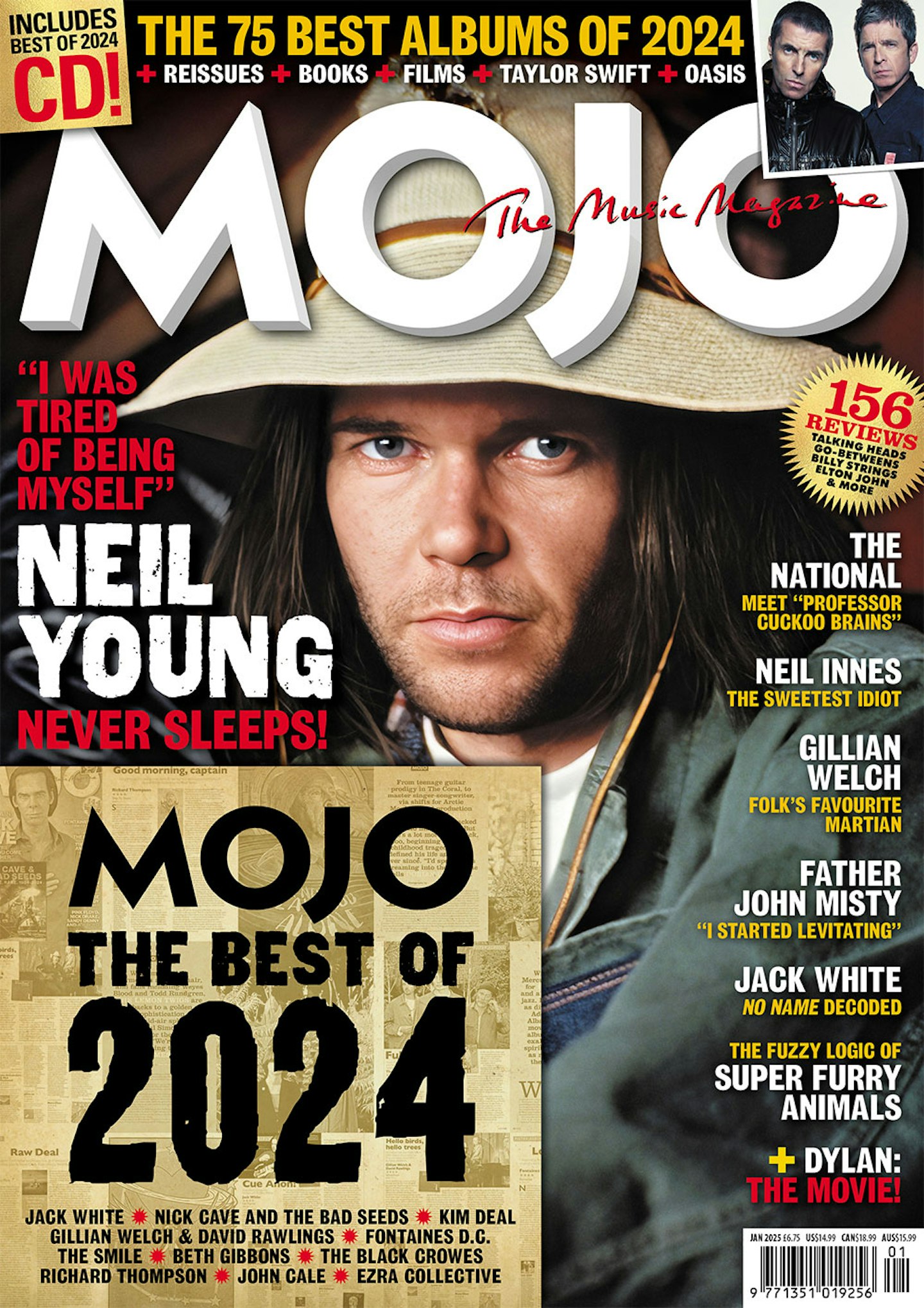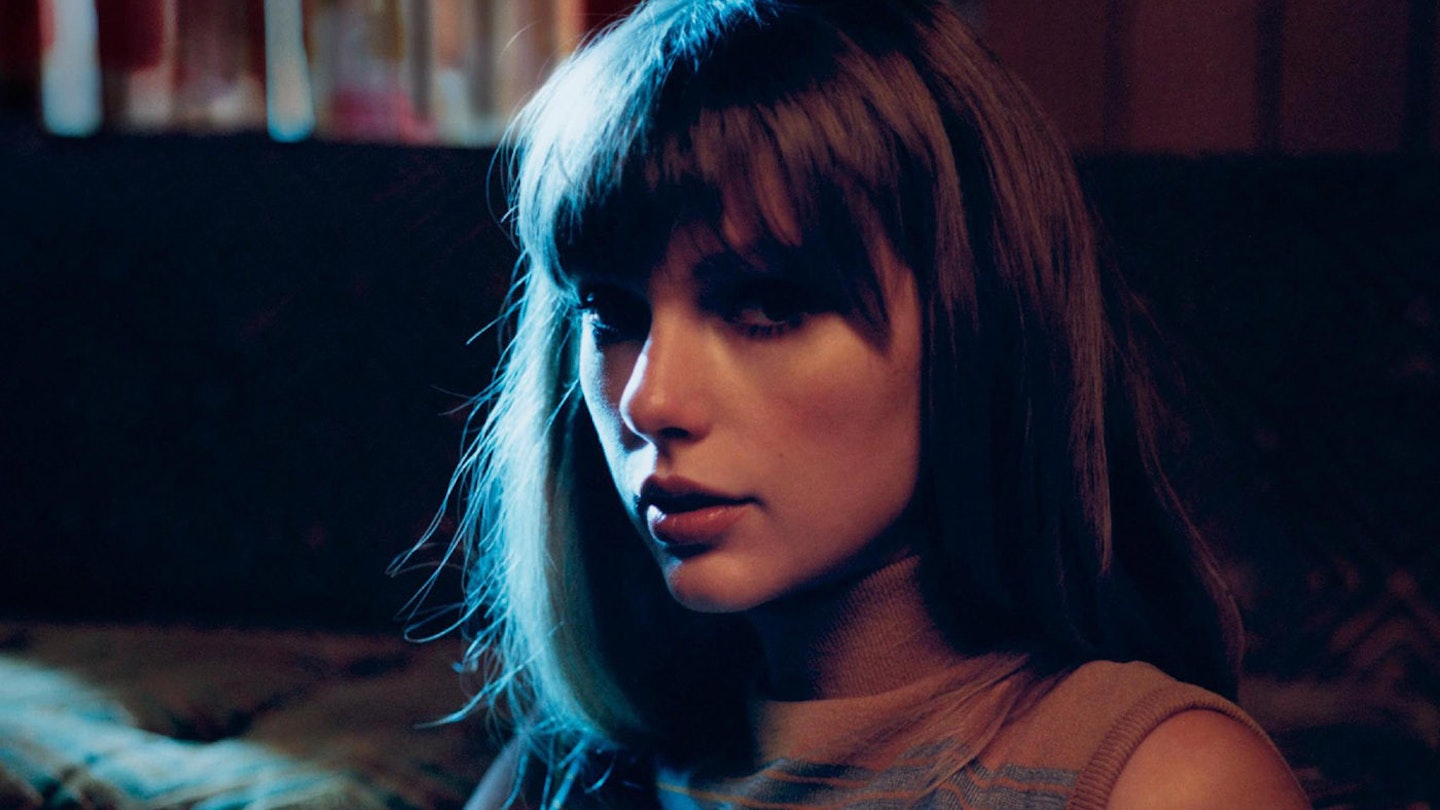Even in the context of a career studded with brilliant putdowns of terrible people, Taylor Swift hits particularly hard on 2012’s We Are Never Ever Getting Back Together. Mocking an ex-boyfriend, she describes the aftermath of their fights: “You would hide away and find your peace of mind/with some indie record that’s much cooler than mine.” If the laugh in her voice isn’t crushing enough, then the fact that Swift would actually make her own “indie” records with The National’s Aaron Dessner in 2020 must have added insult to hipster injury.
In 2012, Swift explained the backstory. “This guy was the kind of dude that would say ‘Oh, I just once saw this basement concert and there were only 4 people there, but they’re starting to blow up now, so I’m really over it’... I started to feel like ‘should I have less people at my concerts? I don’t want to have less people at my concerts’”. It’s fair to say she got over it: the 2023 leg of her Eras Tour was the first single tour to gross over $1 billion, with 4.3 million tickets sold.
Born on December 13, 1989, in Pennsylvania, Swift was first inspired by Shania Twain, Faith Hill and Patsy Cline, handing in covers tapes to Nashville record labels by time she was 11. Her self-titled debut was released in 2006; already commercially thriving under country’s banner, she started to pull away into pop with her second album, Fearless. Yet from the start, key characteristics were in place: an eye for unusual images; a conversational, confiding tone; a heightened sense of romance, especially doomed; and an ability to create the feeling - illusory or otherwise - of radical honesty. “Is that a bad thing to say in a song?” she jokes on 2024 LP The Tortured Poets Department, gleefully aware that horse has bolted.
Even high-court judges could probably outline her feud with Kanye West, or her relationship history but beyond the parasocial dazzle lies Swift’s questing commitment to her songwriting, finding space for reinvention, taking her fans along with her. That’s not the only way she has pushed forwards. In 2021, after a dispute over the ownership of her masters with her first label Big Machine, Swift announced she was re-recording four albums – Fearless, Speak Now, Red and 1989 – as “Taylor’s Version”. Our selection includes the original albums for historical accuracy, but those concerned with artists’ rights and music industry ethics - or just curious about the “From The Vaults” additions – should seek out Taylor’s Versions.
On The Tortured Poets Department’s Clara Bow, Swift evokes the 1920s It Girl to explore the entertainment industry’s next-please! fickleness. “You look like Taylor Swift/in this light we’re loving it,” she sings bitterly. “You’ve got edge, she never did.” For once, though, it doesn’t ring quite true.
11.
Taylor Swift
BIG MACHINE, 2006
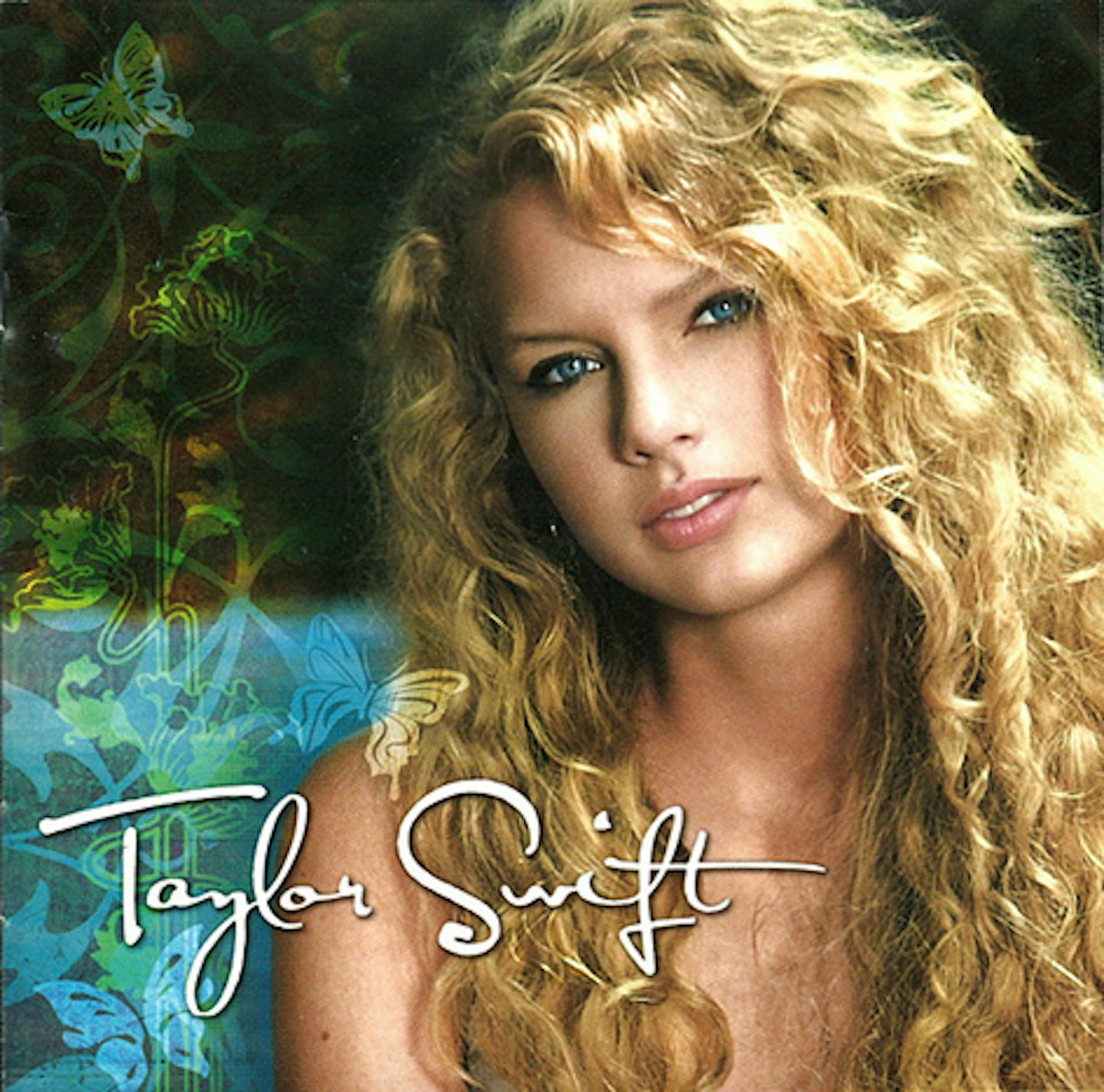
Listening to Swift’s charming debut album, it’s by no means obvious that this 16-year-old Nashville-based singer-songwriter will soon have a date with full-blown global pop superstardom, but there’s a steel here beyond the pedal. While Swift adds in a little rustic lyrical detail – blue jeans, pick-up trucks – to tone with the fiddles and banjo, there’s a touch of Avril Lavigne afterschool drama in Picture To Burn and A Place In This World, while the country sweetness of unrequited love songs Tim McGraw and Teardrops On My Guitar are designed for crying in a bedroom decorated with both soft toys and pop posters.
10.
Fearless
BIG MACHINE, 2008
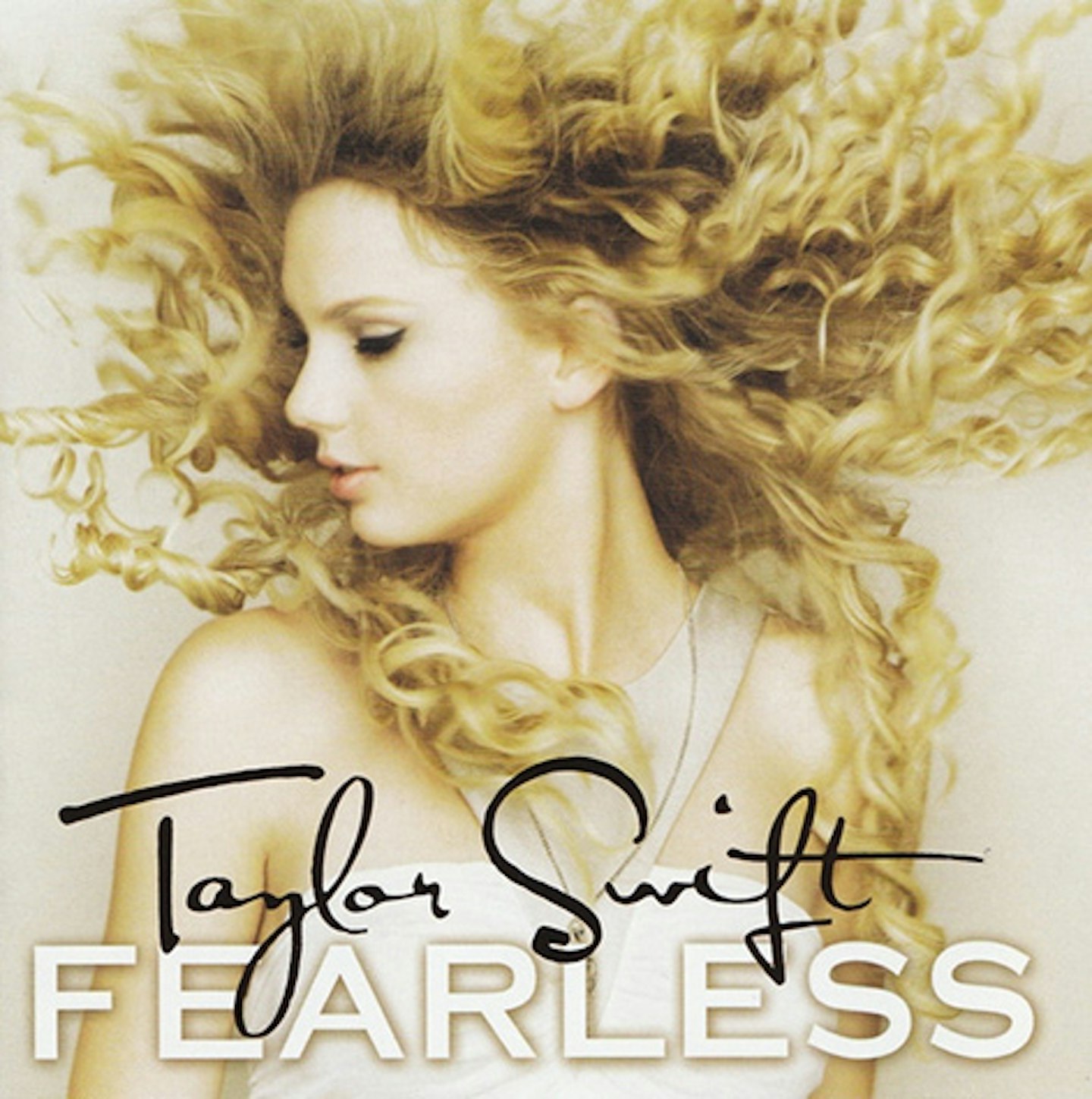
Written while touring 2006’s self-titled debut, Swift’s second album – the first to be released as a re-recorded Taylor’s Version in 2021 - was still marked by adolescent yearnings and milestones, encapsulated in the fiddle-driven Romeo And Juliet rewrite Love Story. Yet these wise-beyond-their-years country-pop songs show a precocious nostalgia that transcends their homeroom milieu. “In your life you’ll do things greater than dating the boy on the football team/But I didn’t know it at 15” the 18-year-old Swift sings. There’s also a hint of an unabashed Joni Mitchell-like awareness of her artistic worth: “All those other girls, well they’re beautiful,” she sings on unrequited love song Hey Stephen, “but would they write a song for you?” Quite the flex.
9.
Speak Now
BIG MACHINE, 2010
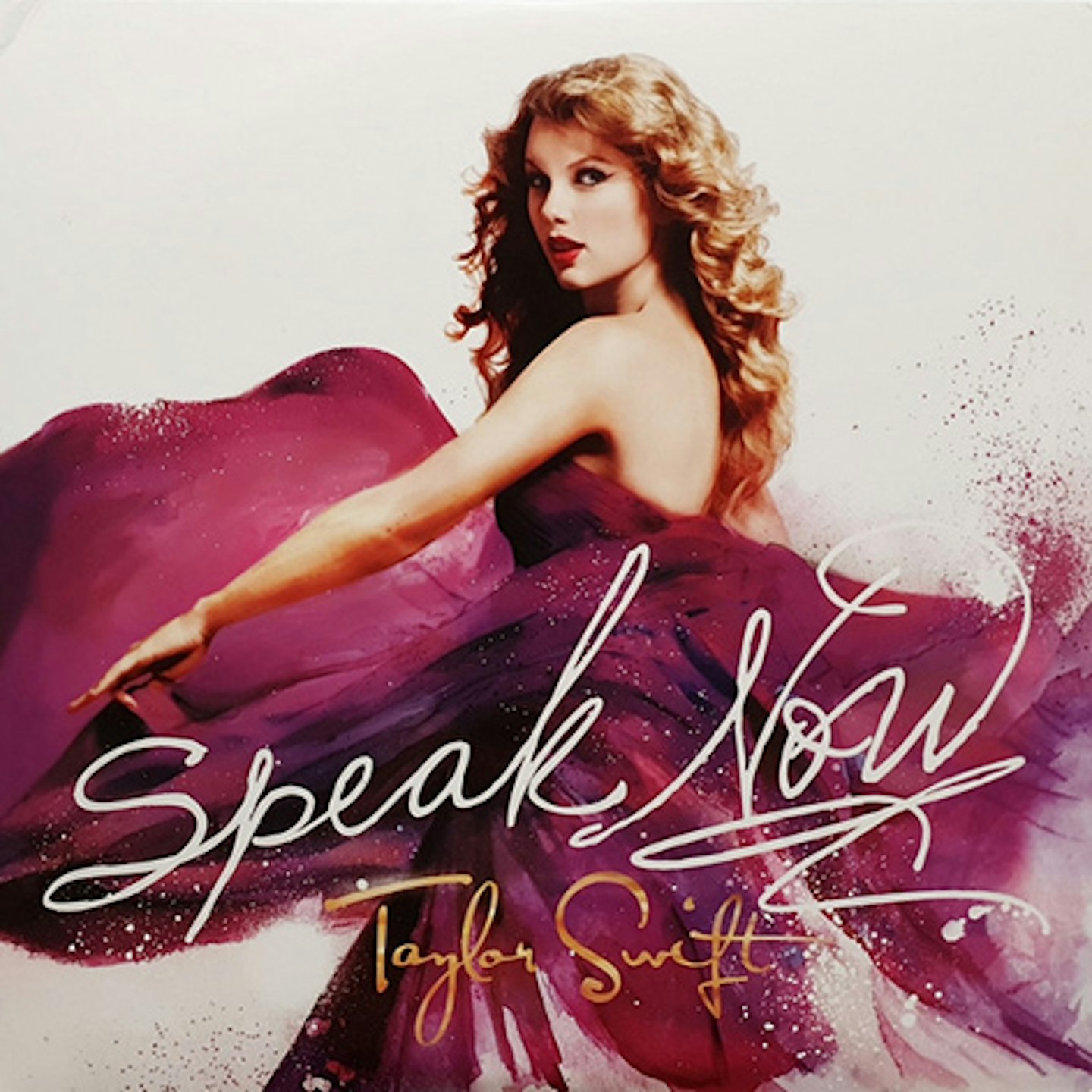
“I don’t have thick skin,” said Swift in 2010. No surprise there, but it was underlined on her third album, written alone on the road. The hell-hath-no-fury title track sees her crash an ex’s wedding, sniping at the bride’s dress “shaped like a pastry”. Dear John stands up to a toxic older lover; the banjo-fuelled Mean is an attack on a critic who is a “liar”, “pathetic” and – low blow - “alone in life”. By the time she re-recorded Better Than Revenge for Speak Now (Taylor’s Version), she decided to rewrite its somewhat anti-feminist rhyme of “actress” with “mattress”. In other words, then, Swift’s third album is a blast, Miss Americana’s messy diary pages spun into pop gold.
8.
Evermore
REPUBLIC, 2020

As the French plait on the cover suggested, this was Swift going back to her roots again, the rustic overspill from her Folklore collaboration with The National’s Aaron Dessner. On the Eras tour, these songs were backdropped next to a fairytale log cabin, but from the opening acoustic weave of “love spell” Willow, these songs weren’t just cosy Stars Hollow set-dressing. Swift’s storytelling was particularly sharp on the melancholy arc of Dorothea and subversive Christmas song Tis The Damn Season, while the fabulously maudlin piano ballad Champagne Problems reanimates the “nightmare dressed like a daydream” girlfriend for a disastrous smalltown proposal. The mood is wintery, but taken with Folklore, it’s convincing proof of a new creative blossoming.
7.
Reputation
BIG MACHINE, 2017
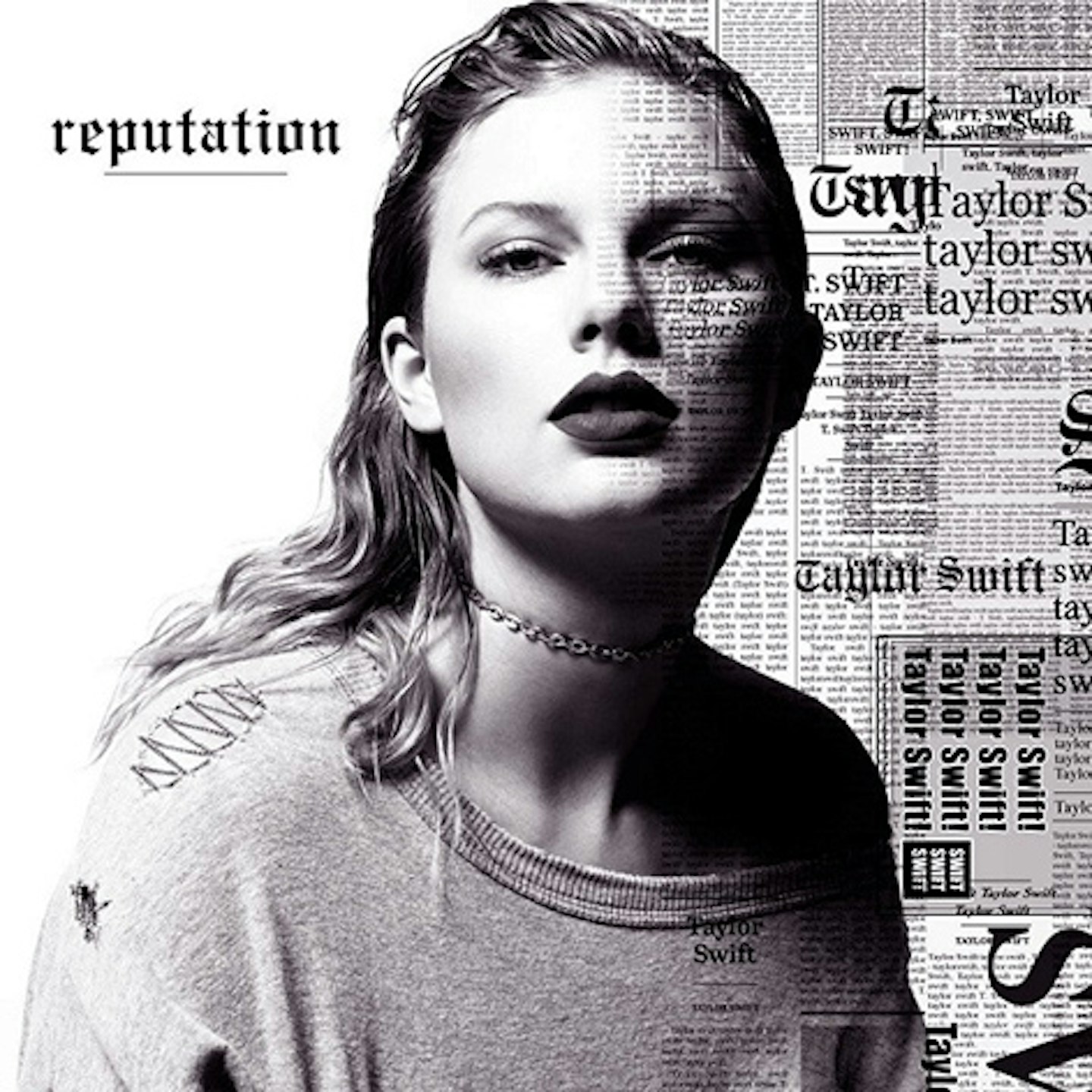
Following a social media backlash triggered by a flare-up of her long-standing feud with Kanye West and her silence on her political views, Swift rebooted with this heavily armoured, electropop-reinforced record. Vengeance was already a theme in her work – see Speak Now’s Better Than Revenge - but here it’s a dish eaten ice-cold. The whiplash beats of Look What You Made Me Do tip gloriously into Catwoman camp, all latex and leopardskin, but Don’t Blame Me could give Depeche Mode a run for their stadium-goth money, while the unbuttoned Dress is adult in every way. “The old Taylor can’t come to the phone,” she smirks. “Why? Because she’s dead.” New Taylor, however, is a real live wire.
6.
The Tortured Poets Department / The Anthology
REPUBLIC, 2024

Two hours after Swift’s eleventh LP was released, she announced it was a “secret DOUBLE album”, adding on 15 songs known as The Anthology. Even without knowing the romantic backstory – not least an apparently enraging fling with The 1975’s Matty Healy – this is a luscious, overflowing summation of Swift’s songwriting gifts: romantic (Down Bad), self-lacerating (Clara Bow), chaotically tea-spilling (The Smallest Man Who Ever Lived). “My friends all smell of weed or little babies,” she sings on Florence Welch collaboration Florida!!!, before swapping out Lana Del Rey for Judy Garland on the teeth-and-eyes tragedy of I Can Do It With A Broken Heart. A title track name-check for Patti Smith, too, who claimed she was “touched”.
5.
Lover
REPUBLIC, 2019
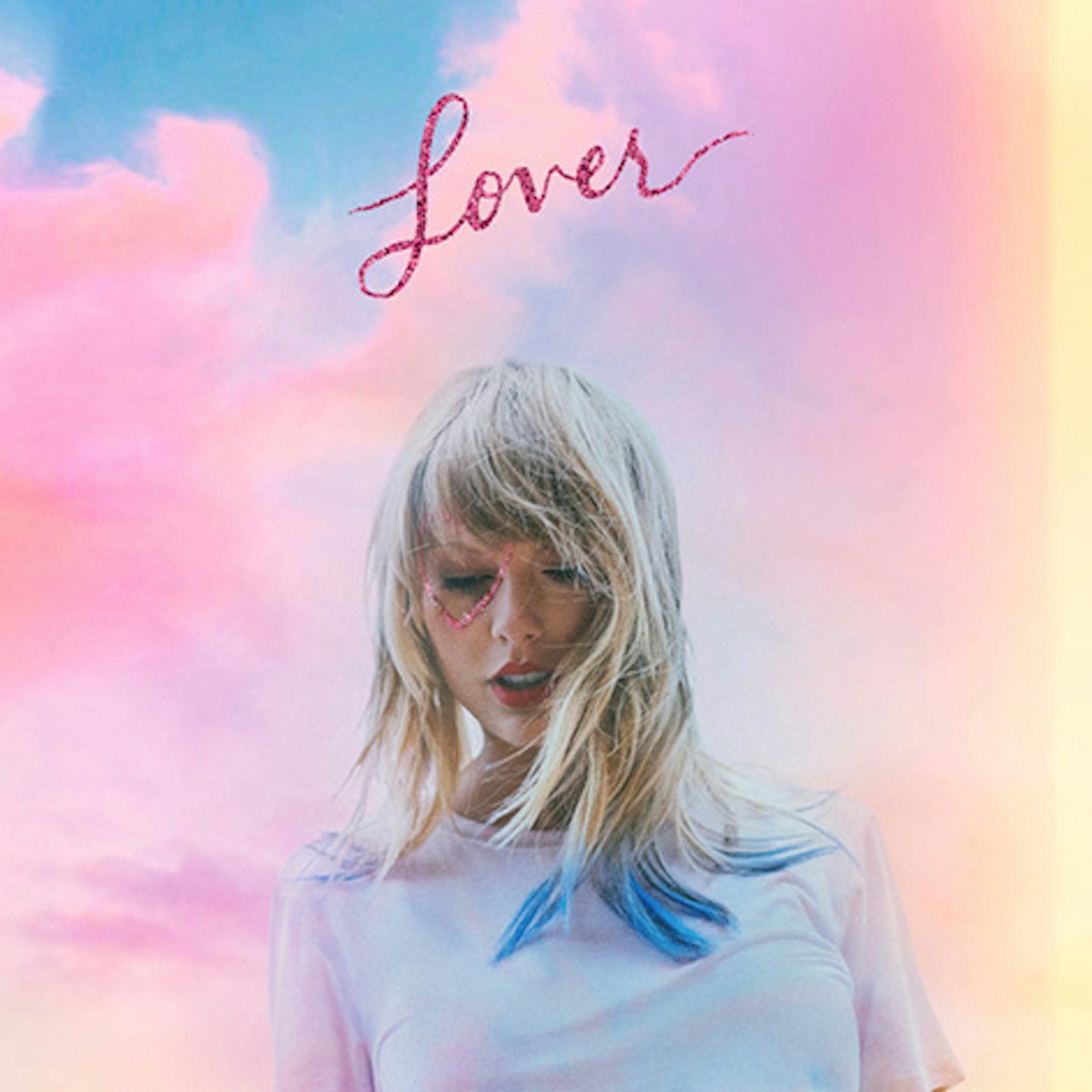
Apart from the superb Getaway Car, 2017’s embattled Reputation was light on 1989-style pop. Lover, Swift’s first album since her dispute with label Big Machine, came out swinging in breezier style, top-quality songs the best revenge. Insouciant ’90s playground chant I Forgot That You Existed clears the decks for a synth-pop set largely co-produced by Jack Antonoff. St Vincent collaboration Cruel Summer features one of Swift’s best euphoric choruses; The Archer is chillwave Born To Run, while the retro-fi title track is charmingly dizzy with freedom: “this is our place/we make the rules”. Even the Dick Van Dykesque London Boy, celebrating her then-boyfriend Joe Alwyn, can’t wreck the mood. Dream pop, in every way.
4.
Red
BIG MACHINE, 2012
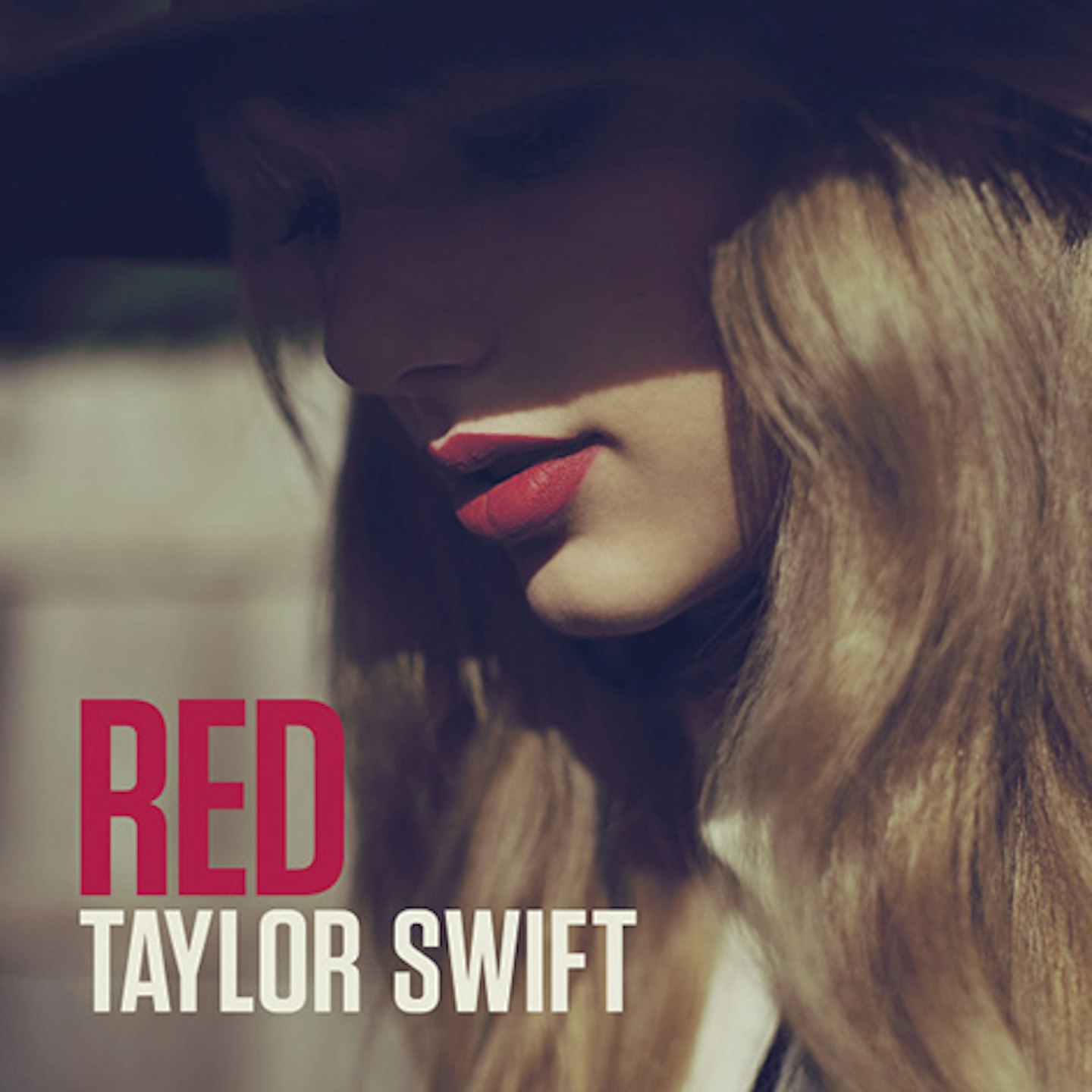
Red’s title and cover signposted Swift’s interest in Joni Mitchell’s Blue, that rootless confessional flow appealing to a young star seeking new roads. The modern take on liberation was to employ Swedish maestros Max Martin and Shellback to produce the album’s biggest hits – We Are Never Ever Getting Back Together, I Knew You Were Trouble and 22’s heartbreaking nostalgia. That’s not the limit of Red’s appeal, though: State Of Grace sounds like a lost New Wave hit; All Too Well tightens her Springsteen ties, while Begin Again shakes off a controlling lover: “You said you never met one girl who had as many James Taylor records as you/But I do,” sings Swift, who was named after Mitchell’s former boyfriend. The sound of a changing game.
3.
Midnights
REPUBLIC, 2022

This is undoubtedly a smart pop record – how many memes and T-shirts did Anti-Hero’s “It’s me/hi/I’m the problem/it’s me” spawn? – but there’s a hazy neon halo around Swift’s tenth album, its idea of nightlife somewhere between crying on a club’s fire escape and lying awake staring at the ceiling. Even global phenomena are prone to insomniac fretting, and Swift claimed Midnights emerged from “13 sleepless nights”, a blurry spin of remorse, self-loathing and revenge fantasies pulsing with heartbeat bass. The stunning Maroon – darkest Red, in other words - and Midnight Rain are awash in wine and regret, while the brutal Reputation-style beats of Vigilante Shit show Swift pushing her storytelling to the experimental edge. The darkest hour, but another new stylistic dawn.
2.
Folklore
REPUBLIC, 2020

It’s not unfair to say this surprise Covid-era release was a gateway drug for atypical Swift listeners, the presence of The National’s Aaron Dessner as co-writer and co-producer acting as a “respectable” brown-paper wrapper over Swift’s sparkly mainstream career. Yet besides the rich indie-folk atmospheres (with added Bon Iver on Exile), this beautiful record is noticeable for Swift slipping out of her (delightful) romantic solipsism to expand her storytelling scope. The In Rainbows-inspired The Last Great American Dynasty is about socialite Rebekah Harkness, once the owner of Swift’s Rhode Island house, here an excuse for Gatsby-like pondering on gilded youth, while Cardigan, August and Betty mark out the points of a teenage love triangle. New perspectives all round.
1.
1989
BIG MACHINE, 2014
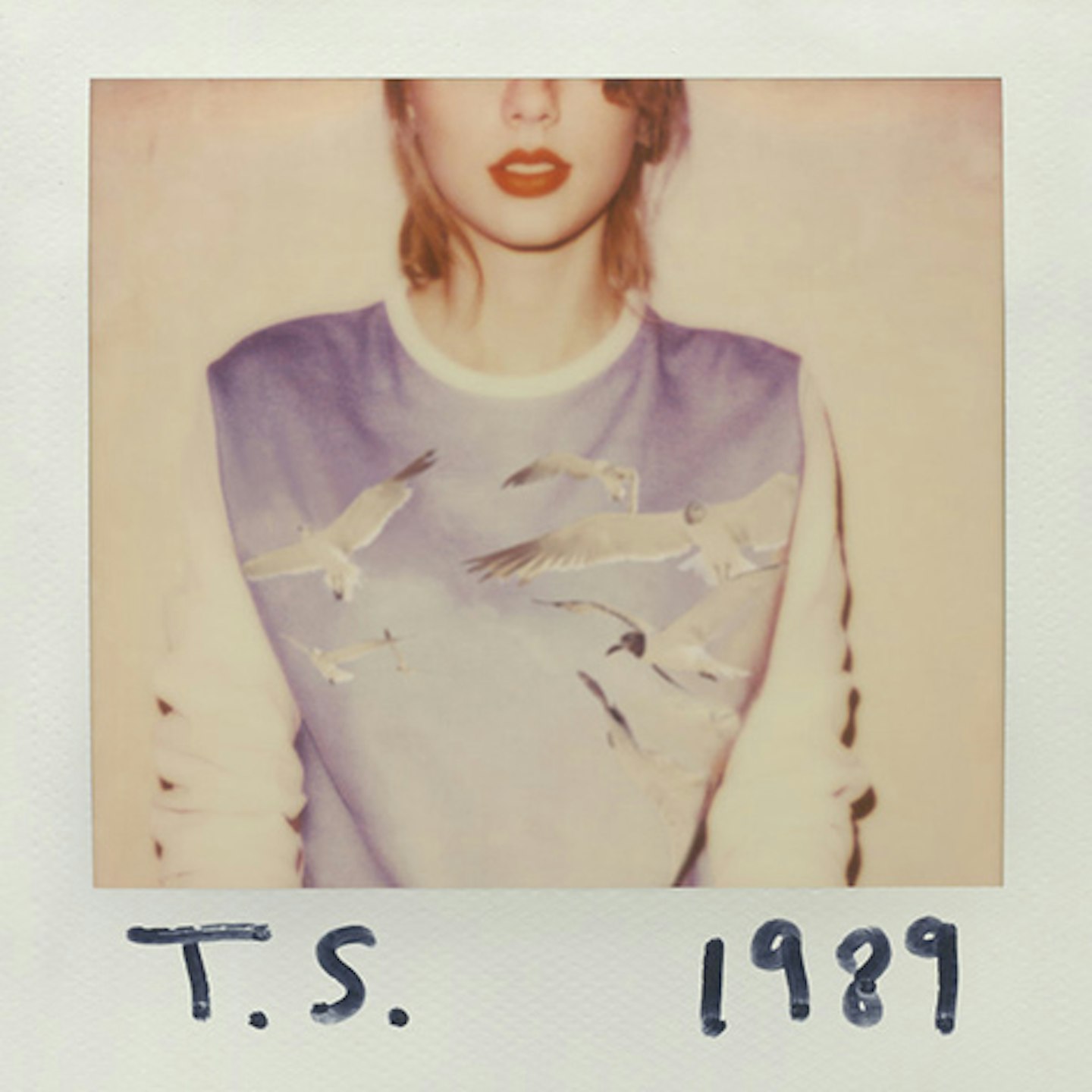
Named after Swift’s birth year, her fifth album is a blazing coming of age. No longer the transitional country artist, she accelerates away into pop superstardom with 1989, Max Martin and Shellback’s hit-factory production matching her high-drama, high-energy songwriting. Anyone grumbling at Swift’s current ubiquity should listen and remember just how she achieved it: sparkling synthpop, unusually sharp lyrics and a perfect mix of vulnerable yearning, insta-nostalgia, and talk-to-the-hand fierceness. Universal often equals bland, but 1989 is intensely detail-rich, from Style’s poignant screen-dream optimism to the trail of relationship debris strewn through Out Of The Woods. The knowingly unhinged psychodrama of Blank Space, meanwhile, makes a dazzling case for being the best 21st century pop song to date. Haters are going to do whatever it is they do, but 1989 is a joy. Don’t say we didn’t say we didn’t warn ya.
Picture: Beth Garrabrant
The best albums of 2024! Neil Young! The National! Oasis! Jack White! Father John Misty! Gillian Welch! Timothee Chalamet's Dylan Movie! The latest issue of MOJO is on sale this week - order your copy HERE!
